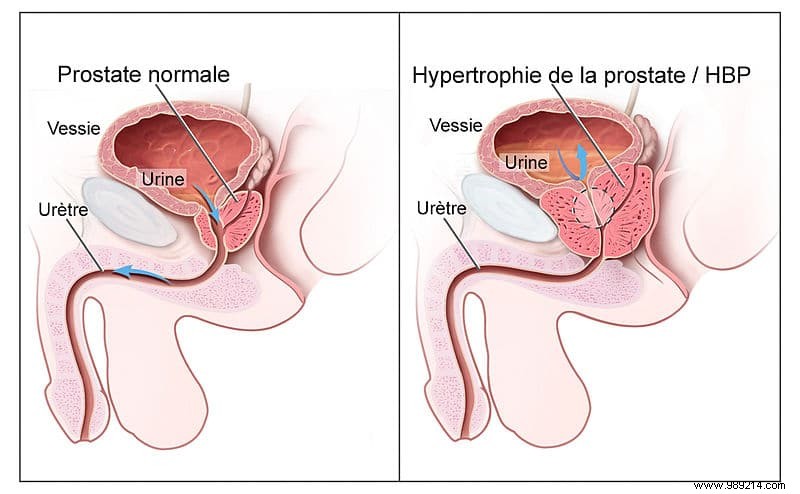A recent Dutch study has revealed a solution to the problem of cancer cell resistance to anti-hormonal therapies in prostate cancer. According to the scientists, this discovery could save a decade of research.
The prostate is a gland of the male reproductive system regularly affected by cancer. The development of the disease is characterized by an overproduction of androgen hormones . Thus, one of the possible ways to slow the progression of cancer is to reduce this same level of hormones using anti-hormonal therapies. However, while the method works effectively in some patients, it is quite common for cancer cells to resist these same therapies. In a publication in the journal Cancer Discovery on June 27, 2022, the Netherlands Cancer Institute (Netherlands) explains, however, that it has discovered an “unexpected potential solution” .
This solution does not aim to directly fight cancer, but rather to target proteins especially. More specifically, the scientists point to the discovery of a class of proteins capable of regulating the circadian rhythm and therefore reducing the effects of anti-hormonal treatments. It turns out that prostate cancer cells no longer have a circadian rhythm, but during hormone therapies, circadian clock proteins adopt a new function keeping those same cancer cells alive despite treatment.

The study included tissue from 56 patients with advanced prostate cancer who had taken anti-hormonal treatment for three months. The results of this research discovered that the genes that keep tumor cells alive were suddenly under the control of a protein that usually regulates the circadian clock of healthy cells. Now the researchers will work with the Dutch Oncode Institute to find strategies to block the process . This will increase the performance of anti-hormonal therapy in the fight against prostate cancer.
In any case, this work has made scientists understand that in order to find new treatments for prostate cancer, it is sometimes necessary to think outside the box by testing, in particular, drugs that affect circadian clock proteins. The researchers claim that this track will make it possible to readapt treatments while combining different existing therapies, which could save a decade of research .